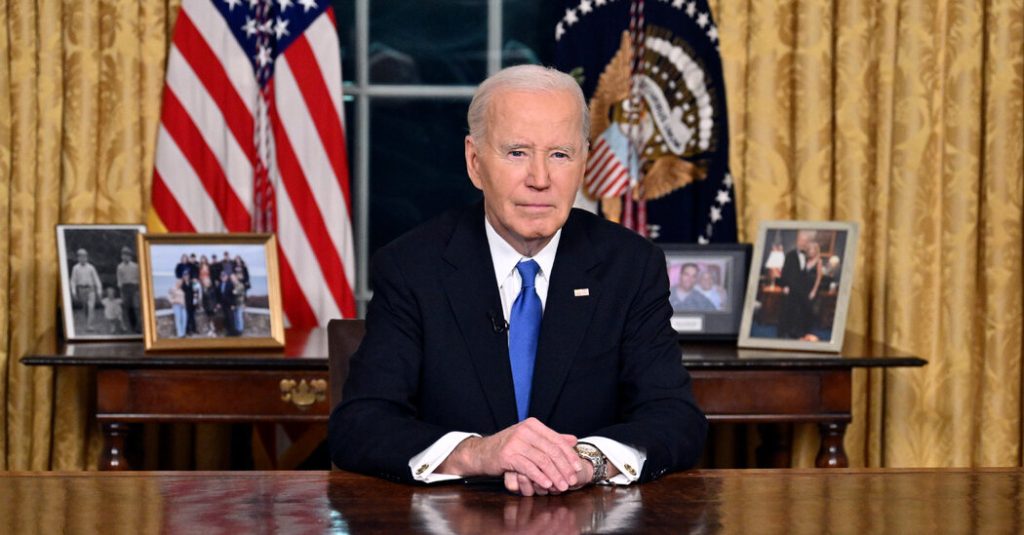George H.W. Bush’s Graceful Concession and Cautionary Words:
In the waning days of his presidency, following his defeat by Bill Clinton in 1993, George H.W. Bush delivered a farewell address tinged with both the sting of loss and the wisdom gained from a lifetime of public service. Acknowledging the difficulty of defeat, he nevertheless emphasized the importance of learning from setbacks and moving forward. His address, delivered at West Point, served as a poignant message to future military leaders, reflecting on the dramatic geopolitical shifts he had witnessed during his term. With the Cold War concluded, Bush cautioned against the temptation for the United States to become the world’s policeman, urging restraint in foreign interventions and advocating for multilateralism. He stressed the need for the U.S. to focus on domestic issues alongside its international responsibilities, predicting the strain on resources that prolonged foreign entanglements could create. His words would prove prophetic as subsequent administrations grappled with complex international crises.
Gerald Ford’s Unique Farewell and Hint of a Comeback:
Gerald Ford, occupying a unique position in presidential history as the only unelected president, delivered a farewell address reflecting his brief but significant tenure. Having ascended to the presidency following Nixon’s resignation, Ford’s time in office was marked by efforts to heal a nation deeply wounded by the Watergate scandal. While expressing gratitude for the opportunity to serve, Ford also hinted at the possibility of a political comeback, injecting a touch of humor into his otherwise solemn address. This playful suggestion, however, did not materialize, as Ford ultimately endorsed Ronald Reagan in the 1980 presidential race. His farewell, therefore, marked not only the end of his presidency but also the conclusion of his political career.
Lyndon B. Johnson’s Legacy and Plea for Continuity:
Lyndon B. Johnson’s final State of the Union address, delivered just days before Richard Nixon’s inauguration, served as a powerful testament to his ambitious legislative agenda, known as the Great Society. With an emotional delivery, Johnson recounted his administration’s achievements in areas like civil rights, poverty reduction, and education. He framed these programs as promises to the American people, urging the incoming administration to continue their implementation. Johnson’s plea for continuity underscores the inherent tension between outgoing and incoming administrations, particularly when they represent opposing political parties. His emphasis on the importance of fulfilling the promises made to the public highlights the enduring responsibility of government towards its citizens, irrespective of political transitions.
Donald Trump’s Defiant Departure and Promise of Return:
In stark contrast to the more conciliatory tones of his predecessors, Donald Trump’s departure from the White House in 2021 was marked by defiance and a refusal to concede defeat. His claim that "we will be back in some form" signaled a continued ambition for political relevance and a rejection of the traditional norms of presidential transitions. This defiant stance, unprecedented in modern American history, further accentuated the deep political divisions that characterized his presidency and its aftermath.
Joe Biden’s Delicate Balancing Act:
Joe Biden’s farewell address, delivered against the backdrop of a deeply polarized political climate, presented a unique challenge. Tasked with highlighting his administration’s achievements while also acknowledging the return of his predecessor, Donald Trump – a figure he deemed a threat to democracy – Biden had to navigate a delicate balancing act. His address, therefore, represented not only a reflection on his own legacy but also a plea for unity and a defense of democratic values in the face of political division.
The Presidential Farewell: A Reflection of Times and Temperaments:
These presidential farewells, spanning decades of American history, reveal the diverse personalities and political contexts that have shaped the nation’s highest office. From George H.W. Bush’s gracious concession to Donald Trump’s defiant departure, these parting messages offer valuable insights into the character of each president and the challenges they faced. They underscore the enduring tension between celebrating past achievements and looking towards the future, especially when that future involves a transfer of power to a political rival. These farewells serve as a reminder that the presidency is not just a political office, but also a reflection of the times and the individuals who occupy it.


